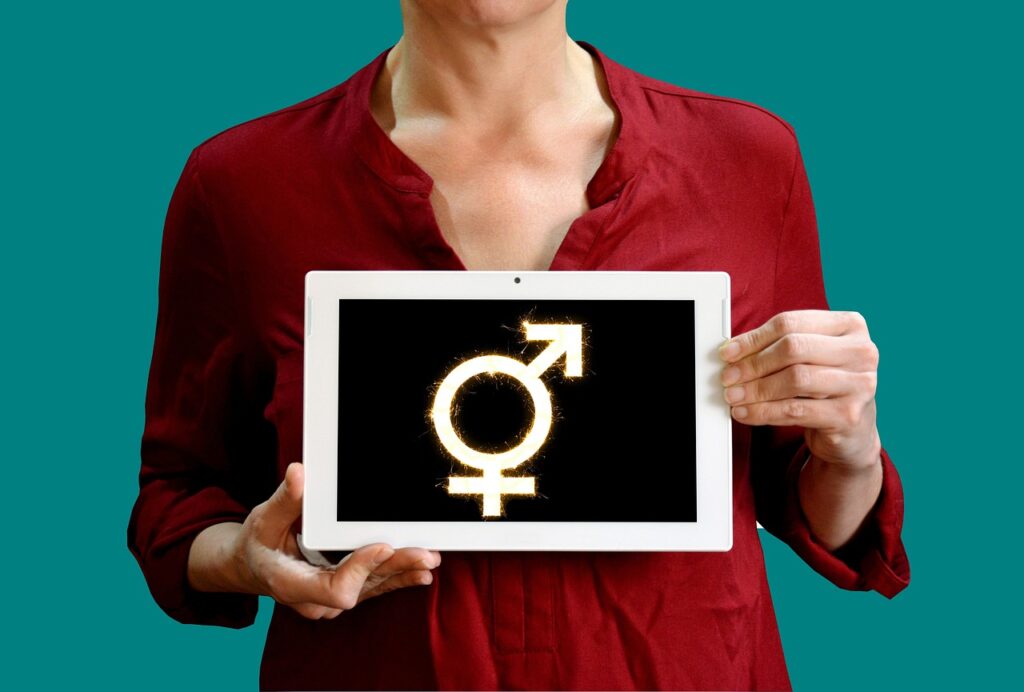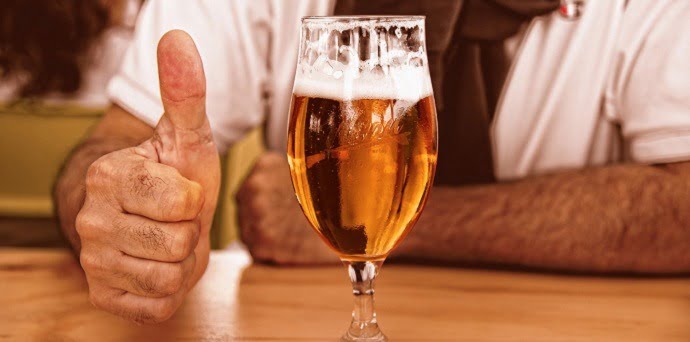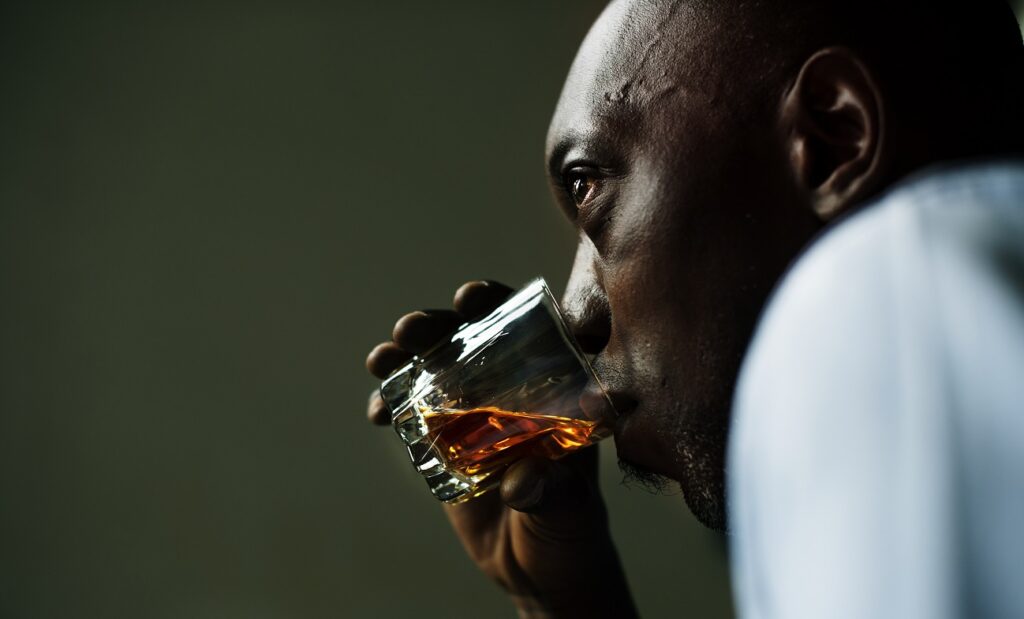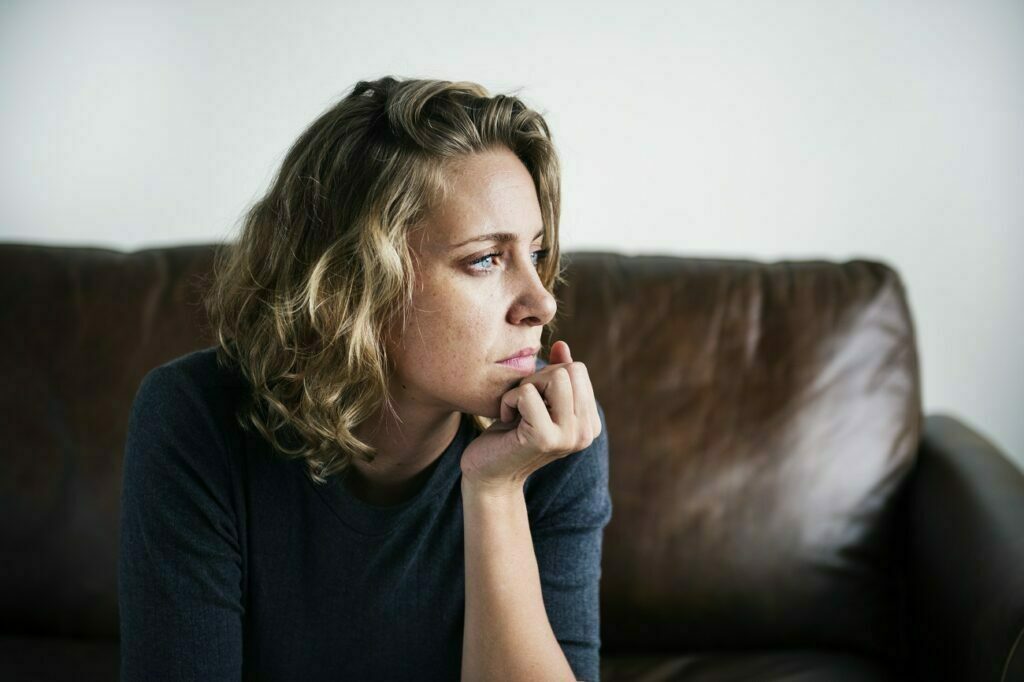- Home
- Get Help for Addiction
- Alcoholism and LGBTQ+ People
Alcoholism and LGBTQ+ People
According to the ONS, within the UK there is a total of 1.4 million people living in the UK who identify as part of the LGBTQ+ community.
When it comes to looking into alcoholism within this population, studies have shown that alcohol addiction is significantly higher within the LGBTQ+ community than in the heterosexual community.
There are many discussed reasons why this might be the case.

For example, some people argue that discrimination and homophobia is the biggest driver of alcohol consumption within the LGBTQ+ community.
Unfortunately, even in this day and age, LGBTQ+ individuals are still being discriminated against.
With this discrimination, it is easy for people to feel depressed, anxious and paranoid and therefore also easy for them to suffer from mental health issues.
In turn, this increases the chance of them turning to drugs or alcohol for support.
The Statistics

When it comes to understanding alcoholism within the LGBTQ+ community, it is important to understand the statistics.
A large proportion of the LGBTQ+ community are reported as addicted to drugs or alcohol.
For example, reports show that 78% of bisexual and gay males drink on a weekly basis, and 77% of gay and bisexual women drink weekly.
This is a lot higher than the heterosexual population, where 68% of heterosexual men and just 58% of heterosexual women drink on a weekly basis.
When it comes to looking at the younger LGBTQ+ community, the NIDA has found that gay or bisexual teenagers are actually 90% more likely to become addicted to drugs or alcohol compared to heterosexual teenagers.
The same study from the NIDA highlighted that LGBTQ+ adults also binge drink a lot more than heterosexual men and women.
In fact, nearly 45% of all LGBTQ+ individuals within the study admitted that they binge drink more than once every four weeks.

On top of this, 10% of the individuals studied admitted to having binge drank more than five times within the last 4 weeks.
More so, a recent Stonewall report identified that 20% of men within the LGBTQ+ community drank on a daily basis: 9% higher than non-binary people and 7% higher than LGBTQ+ women.
When it comes to statistics reharding alcohol addiction within the LGBTQ+ community, there is unfortunately not enough research and data.
However, one study by the STA (Scottish Transgender Alliance) discovered that a total of 35% of all transgender individuals studied within Scotland believed that their drinking either was becoming a problem or had been a problem at some point.
Causes

There are many different reasons why someone might be addicted to alcohol.
For example, alcohol addiction might run in the family, you might feel peer pressured into consuming more alcohol than normal, or you might suffer from a mental health issue such as depression or anxiety.
However, there has been a lot of research into the causes of alcohol addiction within the LGBTQ+ community specifically.
Just some of these drivers and causes are listed below.
1. Using Alcohol As A Coping Mechanism

Unfortunately, there is still a lot of discrimination against the LGBTQ+ community.
This often and easily leads to depression and other mental health issues. Subsequently, people turn to alcohol addiction as a crutch and coping mechanism.
This is defined as ‘minority stress’ which describes the increased chance of an individual developing physical or mental health issues because of the discrimination they have experienced.
2. Lifestyle

Within the LGBTQ+ community, there is a common stereotype that partying and consuming alcohol and other substances is a big part of an active social lifestyle.
This might contribute to an increased chance of becoming addicted to alcohol or drugs.
3. Stigma And Anxiety Surrounding Identity

During a study by the Gerontologist, LGBTQ+ individuals admitted to feeling negatively about themselves and their own sexual preference and identity.
Lots of people reported feeling ashamed of being gay or bisexual, as well as wishing that they were not gay or bisexual at all.
Additionally, other individuals within the LGBTQ+ community reported feelings of embarrassment when they introduce themselves as gay or bisexual to other people.
This could contribute to feelings of depression and anxiety, which often leads to substance abuse.
Risks Factors For Alcohol Addiction Within The LGBTQ+ Community

A large risk factor associated with alcoholism within the LGBTQ+ community is the issue of co-occurring disorders and a dual diagnosis.
This describes the issue of struggling with an addiction to a substance alongside struggling with a mental health condition.
Some of these mental health conditions stem from trauma, anxiety or stress caused by stereotypes and discrimination, the aforementioned minority stress.
When it comes to looking at mental health conditions within the LGBTQ+ community, more than half of the gay or bisexual individuals interviewed had tried to self-harm and 44% had once thought about committing suicide.
However, only 42% of these people had sought help for their mental health issues.
Below is a list of just some mental health issues that are commonly related to alcohol addiction within the LGBTQ+ community.
- Feelings of shame
- Feelings of guilt
- Anxiety
- Frustration and anger
- Depression and a general low mood
- Increased day to day stress
- A general feeling of low self-esteem
- A lack of confidence
- EDs (eating disorders)
Treatment Options

Unfortunately, there are still some significant stereotypes and boundaries for LGBTQ+ individuals when it comes to receiving treatment for substance abuse disorders.
For lots of people within the LGBTQ+ community, seeking treatment might feel increasingly challenging.
You might feel anxious or paranoid about any stereotypes that might exist.
However, the healthcare industry and treatment centres are becoming increasingly open-minded, inclusive and diverse.

For example, lots of treatment centres now provide LGBTQ+ specific treatment options during their programs, such as specialised support groups and family therapy.
In addition to this, holistic therapies can be very beneficial when it comes to treatment within the LGBTQ+ community.
Holistic therapies try to promote positivity, self-love and self-confidence.
If you are a member of the LGBTQ+ community and are struggling with an addiction to alcohol, then speak to a member of the team today at Rehab Recovery.
You can start today by calling our experienced and friendly team on 0800 088 66 86.


